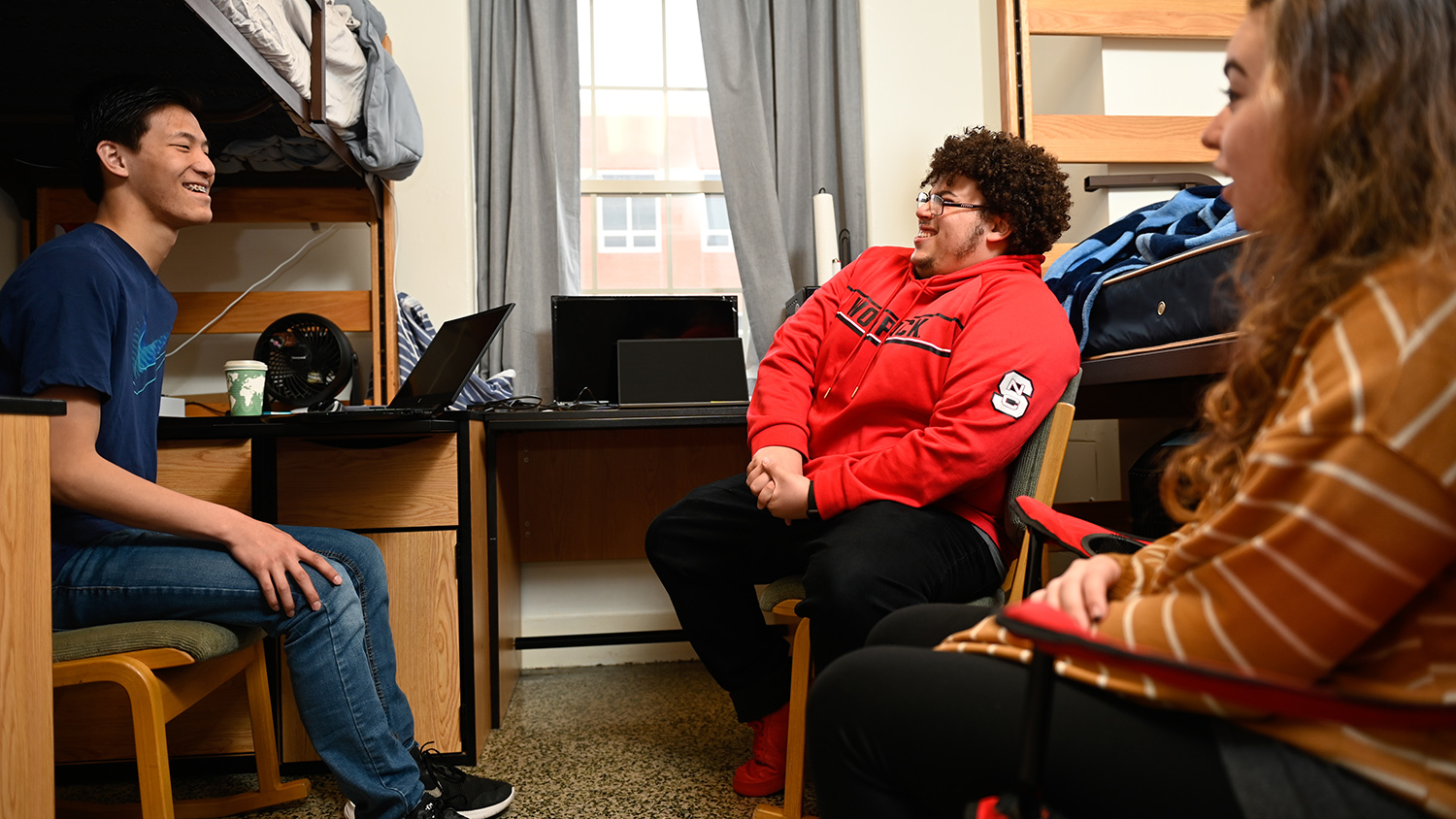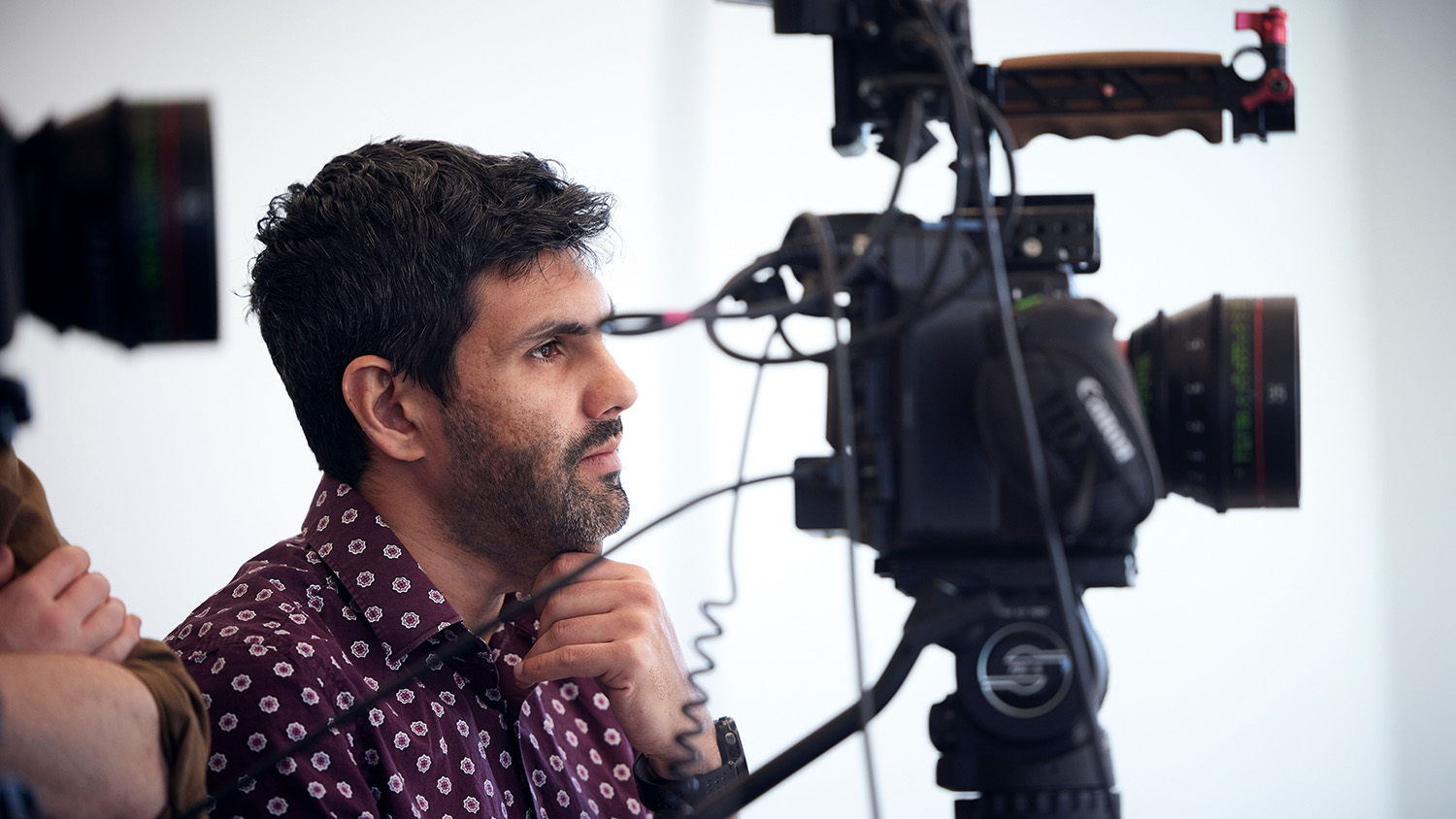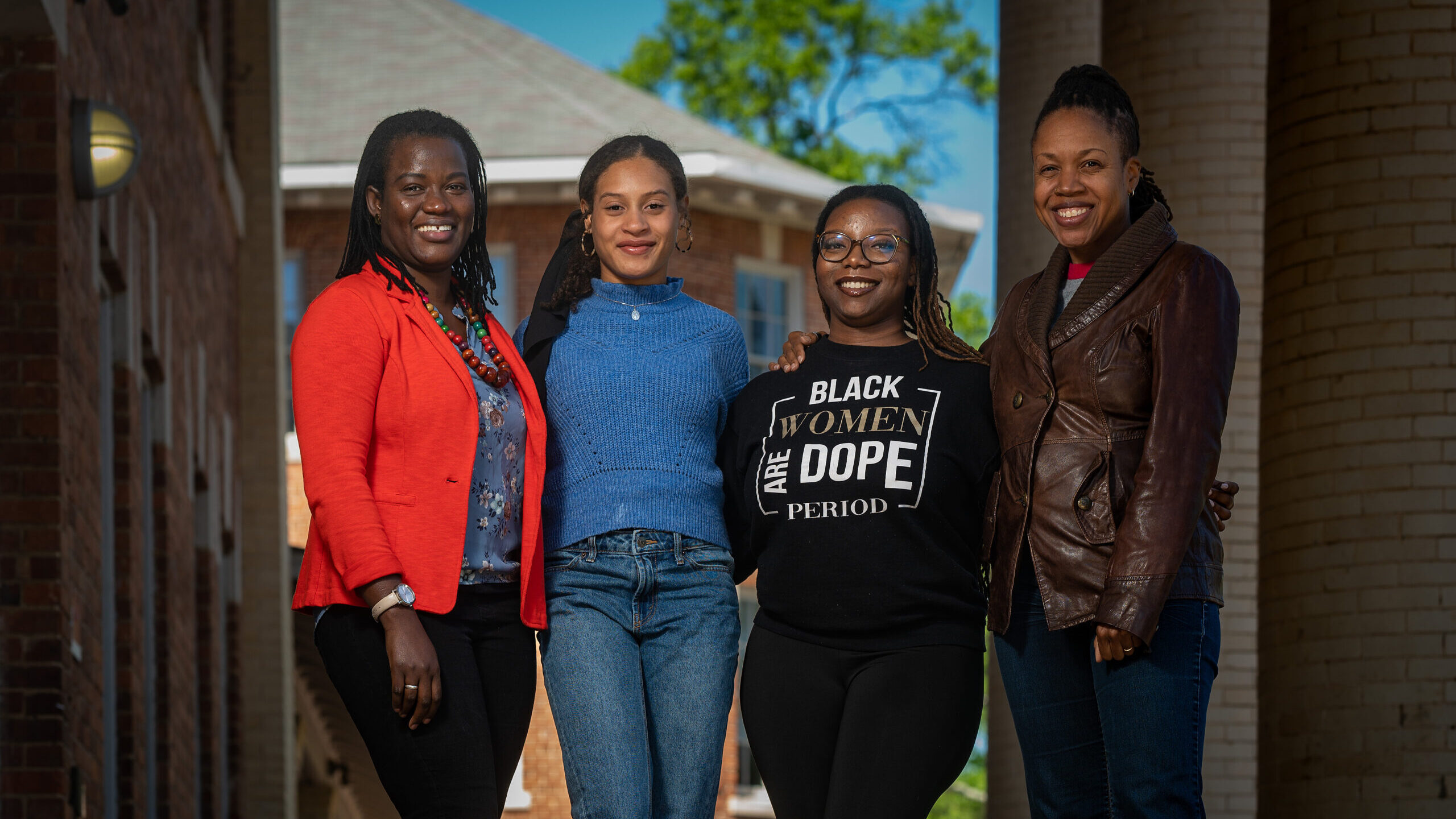The Chloe Project
English Graduate Student Aims To Disrupt School-To-Prison Pipeline With Tutoring Program

Not a balancing act, but a blending act. That’s how Lydia Elrod describes her busy life these days. With a full graduate course load and a job as an educator at a historic site, Elrod is quick on her feet, often finding overlap in her roles. But a new venture may be her boldest move yet.
“We operate under the belief that it takes an entire community to raise a child, and we are that community,” Elrod says.
She’s the founder of The Chloe Project, a nonprofit based in Johnston County, North Carolina, dedicated to disrupting the school-to-prison pipeline. The term refers to a nationwide trend in which underrepresented students are pushed out of their educational environment and into the juvenile and criminal justice systems because of disparities in school disciplinary action.
“There are far-reaching negative consequences for failing to provide support for underrepresented students,” says Elrod, who’s pursuing a master’s degree in English at NC State.
The Chloe Project aims to create positive change by providing mentors and tutors to elementary-aged students facing socioeconomic disadvantages. Established in the summer of 2020, the organization relies on dedicated volunteers. “[They’re] accomplished college students and college graduates who are committed to giving back to those young students who look like them, speak like them and live like them,” Elrod says.
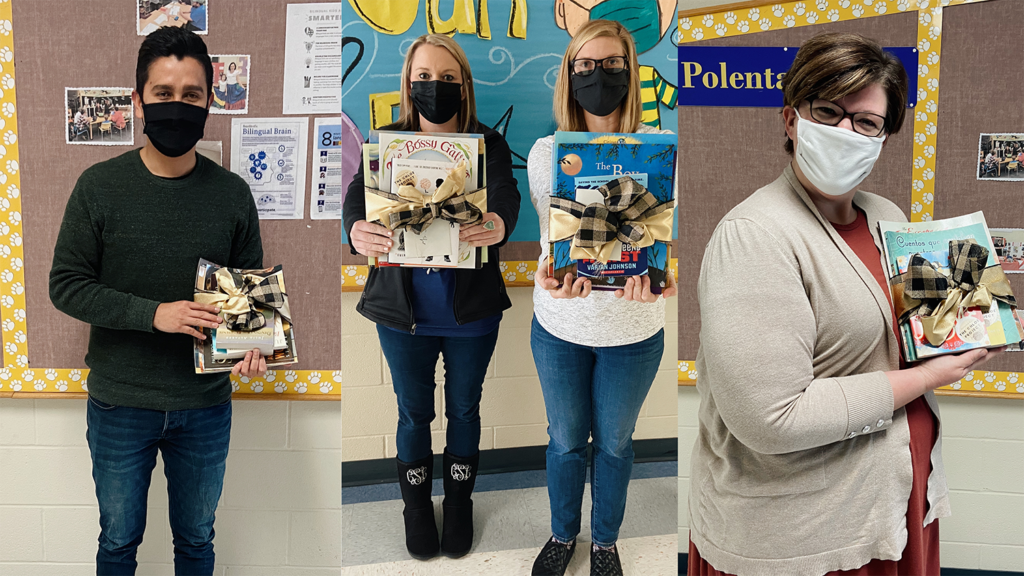
Dreaming Big
The Chloe Project stems from an idea Elrod had as a student at Johnston County Middle College High School five years ago.
“At the time, one of my family members and her two young children were facing homelessness,” Elrod says. “I was inspired by the way our family pooled together our resources to help, but I knew that the instability was disrupting the kids’ ability to learn in the classroom.”
That’s when she got to work — planning, coordinating and proposing a different type of future for disadvantaged young people.
“I envisioned a program that would help supplement learning without placing an extra burden on the parents or family,” Elrod says.
How It Works
The nonprofit operates through two branches: financial donations and volunteer work. Contributions help purchase books for 4th and 5th grade classrooms with internationally diverse characters and characters of color. On the volunteer side, helpers provide both one-on-one mentoring and group tutoring in English and math.
As expected, COVID-19 has significantly impacted operations.
“I began the organization with the intentions of meeting the extreme educational disparities that have been brought to light by COVID-19,” Elrod says.
“We operate under the belief that it takes an entire community to raise a child, and we are that community.”
But when public schools went virtual for the start of the academic year, The Chloe Project had to quickly pivot.
“We had planned to meet with students in person on Saturdays, but that was no longer an option,” she says. “There were many frustrating barriers to providing the services that we wanted to provide to students with socioeconomic challenges, including lack of access to technology and a stable environment that allowed them to meet virtually.”
Elrod also struggled to recruit volunteers without the ability to meet in person. But it was by working through those challenges that she discovered a bright side.
“We know that we can run this organization effectively in the virtual world, and we have a whole new set of skills that will be very applicable in the event of future unforeseen circumstances,” Elrod says.
From the Classroom to the Real World
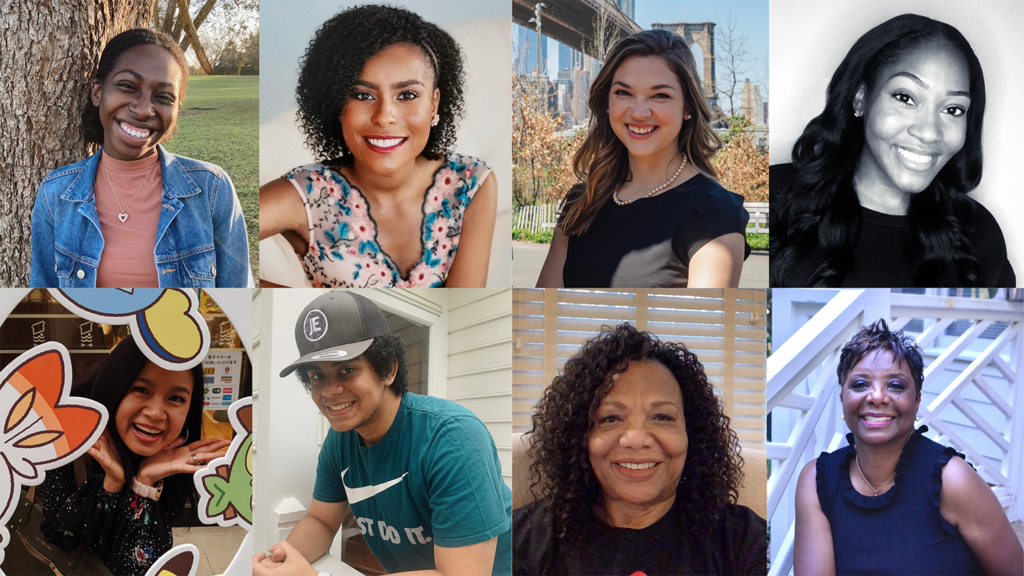
As Elrod continues to navigate a new normal, she’s heavily relying on applying what she’s learned in the classroom to her organization.
“So far, every single one of my classes has been helpful in some way,” Elrod says. “For example, my cultural rhetoric class has helped me enhance the way that I tell the story of The Chloe Project.”
In addition to pursuing her master’s degree in English, Elrod is earning a graduate certificate in policy analysis within the School of Public and International Affairs.
“I have taken two management classes that directly relate to my nonprofit work, and I am currently taking a policy analysis class that has already helped me improve my rationale for the existence of The Chloe Project,” Elrod says.
She says each of her classes will be beneficial as she continues to apply for funding — and as she manages a team of volunteers and reports to the organization’s board of directors.
Getting Involved
The Chloe Project is hoping to expand its reach beyond elementary-aged students, to middle and high school students in Johnston County. But in order to achieve those expansion goals, they need more volunteers.
“The time commitment is very minimal — typically less than one hour a week — for our volunteers.” Elrod says. “Each of our volunteers has expressed just how impactful the program has been for the students they work with and for themselves.” The nonprofit is seeking volunteers from all backgrounds and is open to collaborating with other organizations who are interested in carrying out professional development opportunities or special projects. Anyone who is interested can email thechloeproject.org@gmail.com. You can also reach out to The Chloe Project via Facebook or Linkedin: @thechloeproject.
- Categories:
